Despite a major boycott by key opposition candidates, votes have been cast in Ivory Coast’s controversial presidential election.
No fewer than 14 people have been killed since riots broke out in August after President Alassane Ouattara said he would run again following the sudden death of his preferred successor.
The main opposition candidates, Pascal Affi N’Guessan and Henri Konan Bédié, said it was illegal for Mr Ouattara to stand for a third term.
They boycotted the vote and have called for civil disobedience.
Polls closed on schedule at 18:00 local time (GMT). Votes are now being counted, according to Reuters news agency.
There were reports of disturbances in opposition strongholds on Saturday, with roads blocked and election material burned.
After voting in Abidjan, Mr Ouattara called for an end to the protests.
“I call on those who called for civil disobedience, which led to the loss of life, to stop,” he said.
“They should stop because Ivory Coast needs peace, these are criminal acts and we hope that all this can stop, so that after the election this country may continue on its course of progress, which it has enjoyed over the last few years.”
He also urged people to cast their ballots.
“I have just accomplished my civic duty. I ask all our citizens who love peace and patriotism to go and vote. It is an important day for democracy,” he said.
According to the constitution, Ivory Coast has a two-term presidential limit. Mr Ouattara – who has been elected twice – initially said he would stand down.
But, in July, the ruling party’s previous presidential nominee, Prime Minister Amadou Gon Coulibaly, died of a heart attack.
Mr Ouattara subsequently announced that he would run for president after all.
![]()
His supporters argued that a constitutional change in 2016 reset the clock and that his first term did not count.
His opponents do not share that view, arguing instead that it is illegal for Mr Ouattara to run for a third term.
There has been a decades-long quarrel between some of the country’s leading political figures.
In 2010, Laurent Gbagbo, who was president at the time, refused to concede to Mr Ouattara following the election in that year and this sparked a bitter civil war.
More than 3,000 people were killed in the five months of violence.
Mr Gbagbo also put himself forward to stand in this year’s election but the electoral commission blocked him because he had been convicted in the Ivorian courts.
He was one of nearly 40 potential candidates who were turned down by the commission.
Who are the four presidential candidates?
- Alassane Ouattara, 78, an economist. Became president in 2011, serving his second term after years in opposition. Party: Rally of Houphouëtists for Democracy and Peace (RHDP)
- Henri Konan Bédié,86, career politician. Served as president between 1993 and 1999, deposed in coup. Party: Democratic Party of Ivory Coast (PCDI)
- Pascal Affi N’Guessan, 67, career politician. Served as prime minister between 2000 and 2003 under then-President Laurent Gbagbo. Party: Ivorian Popular Front (FPI) faction
- Kouadio Konan Bertin, 51, career politician, known as KKB, was once youth leader in the former ruling Democratic Party of Ivory Coast, is now an MP. Independent candidate
BBC
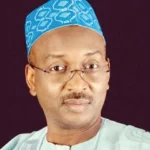
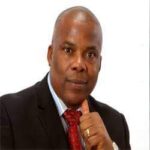
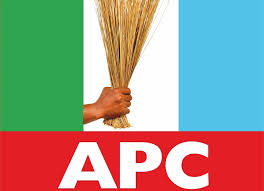
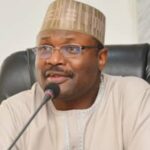
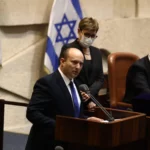
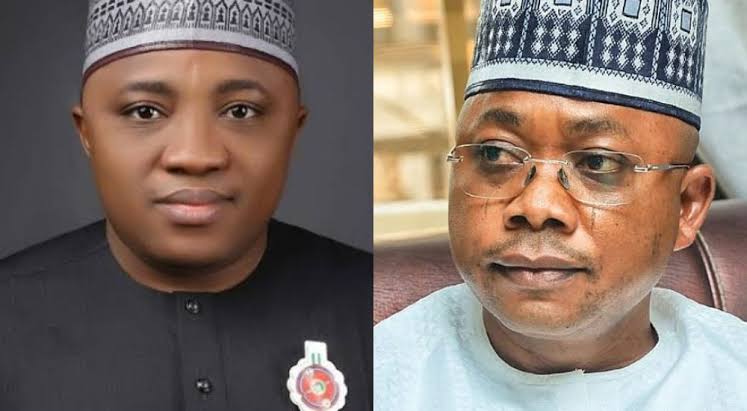
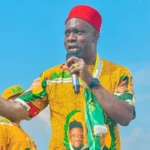

Comments are closed.